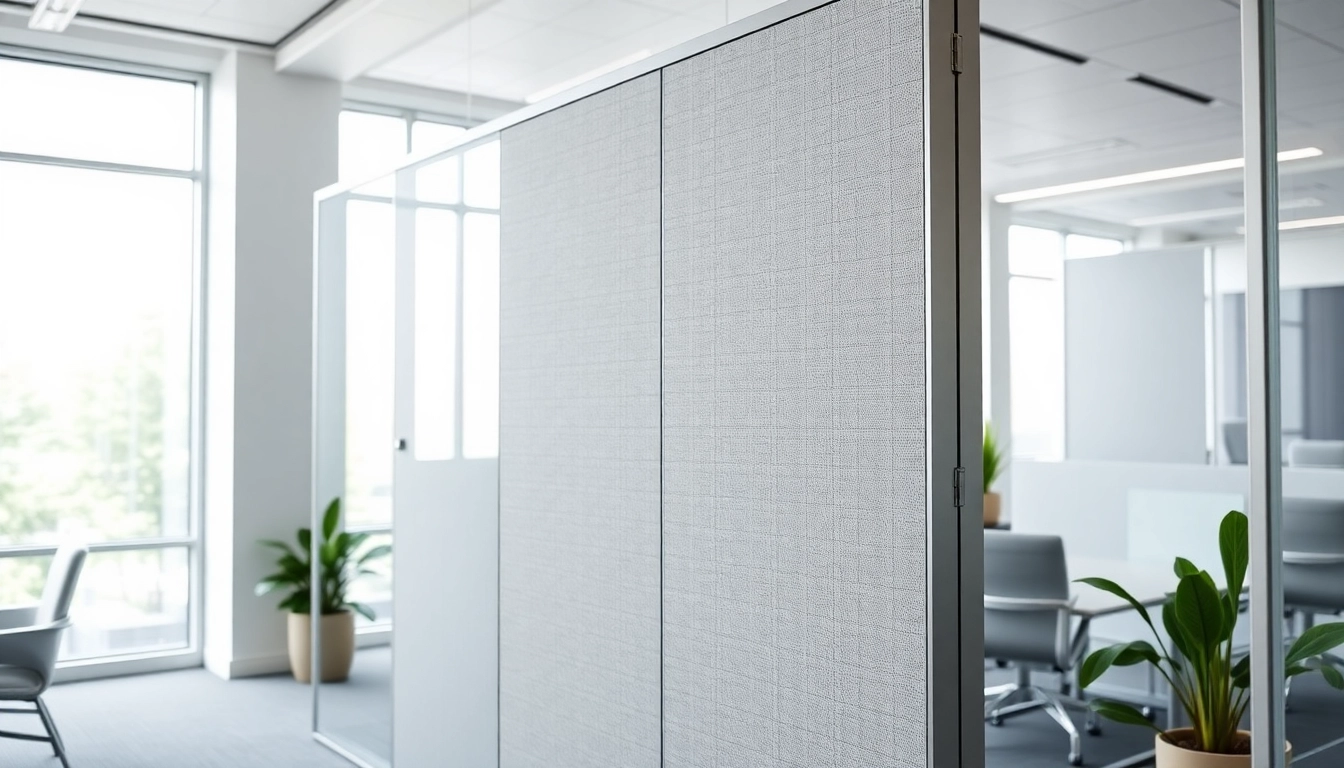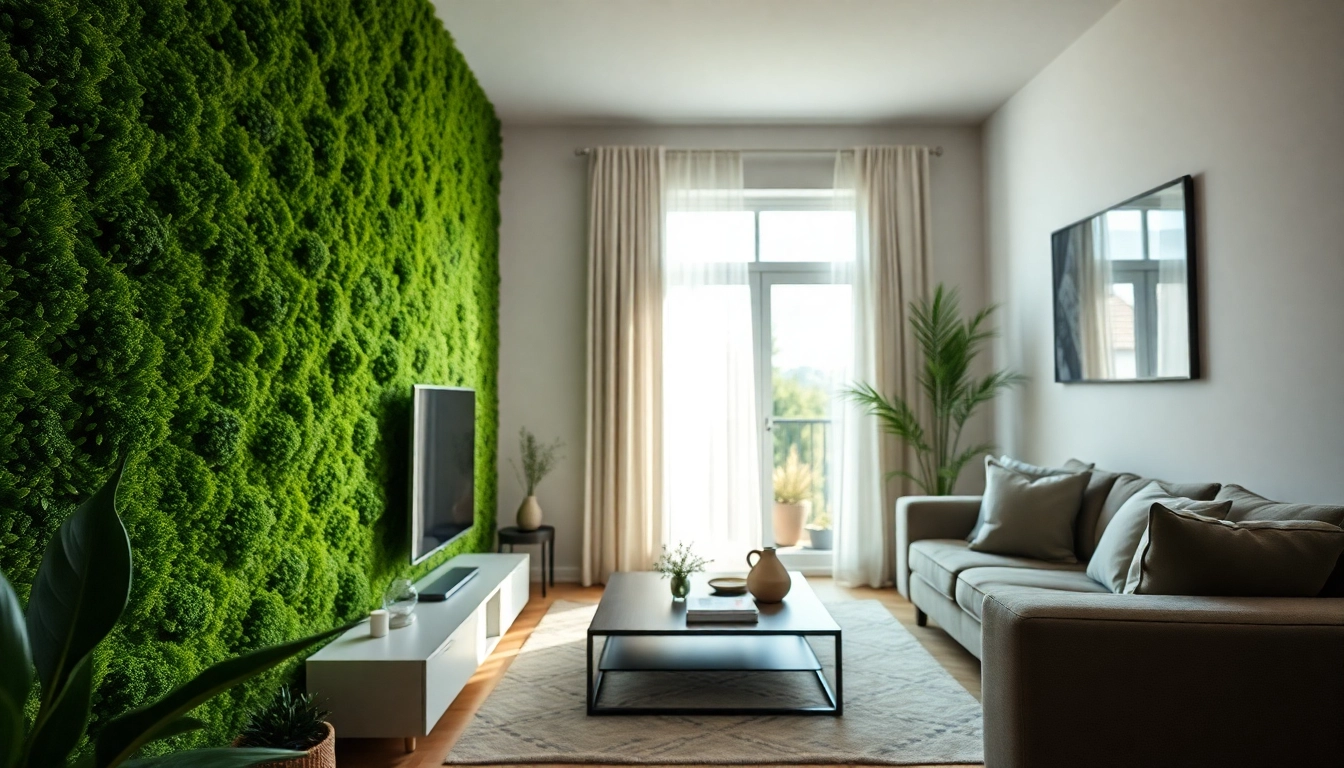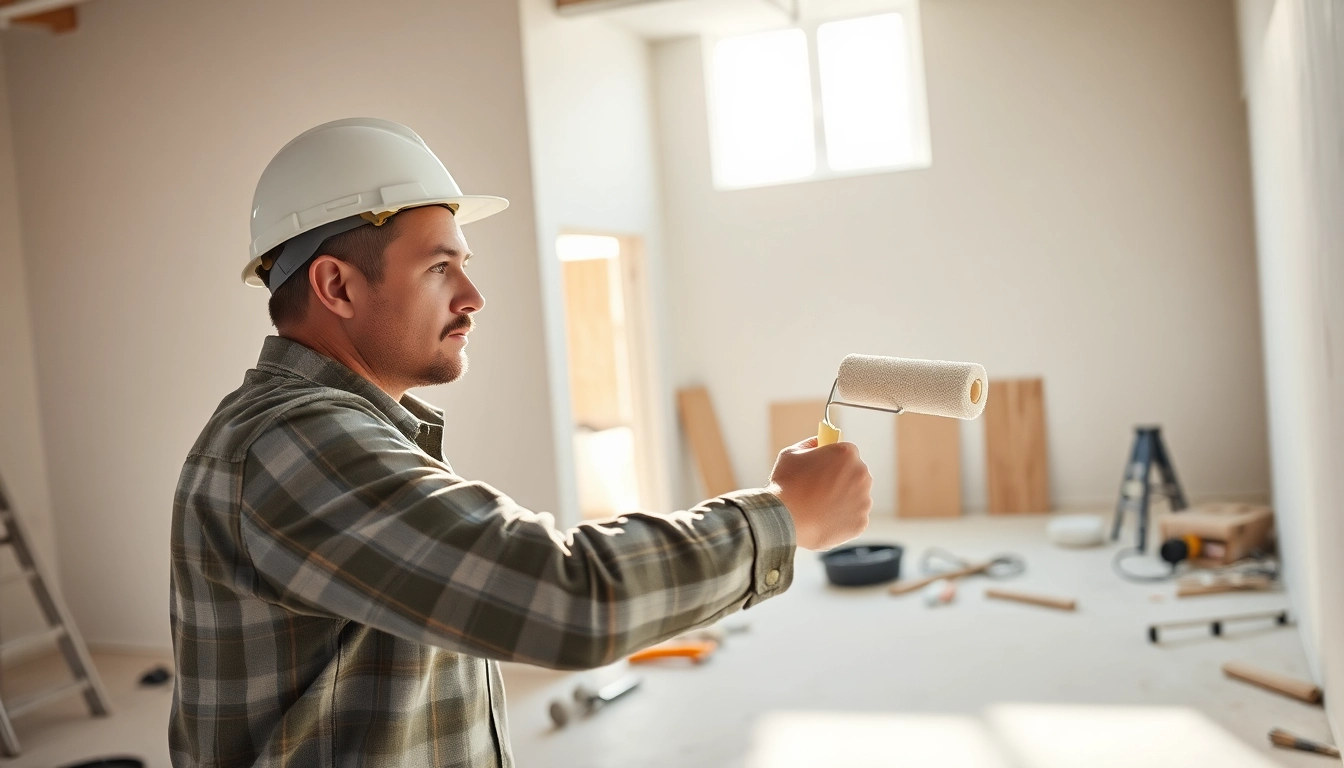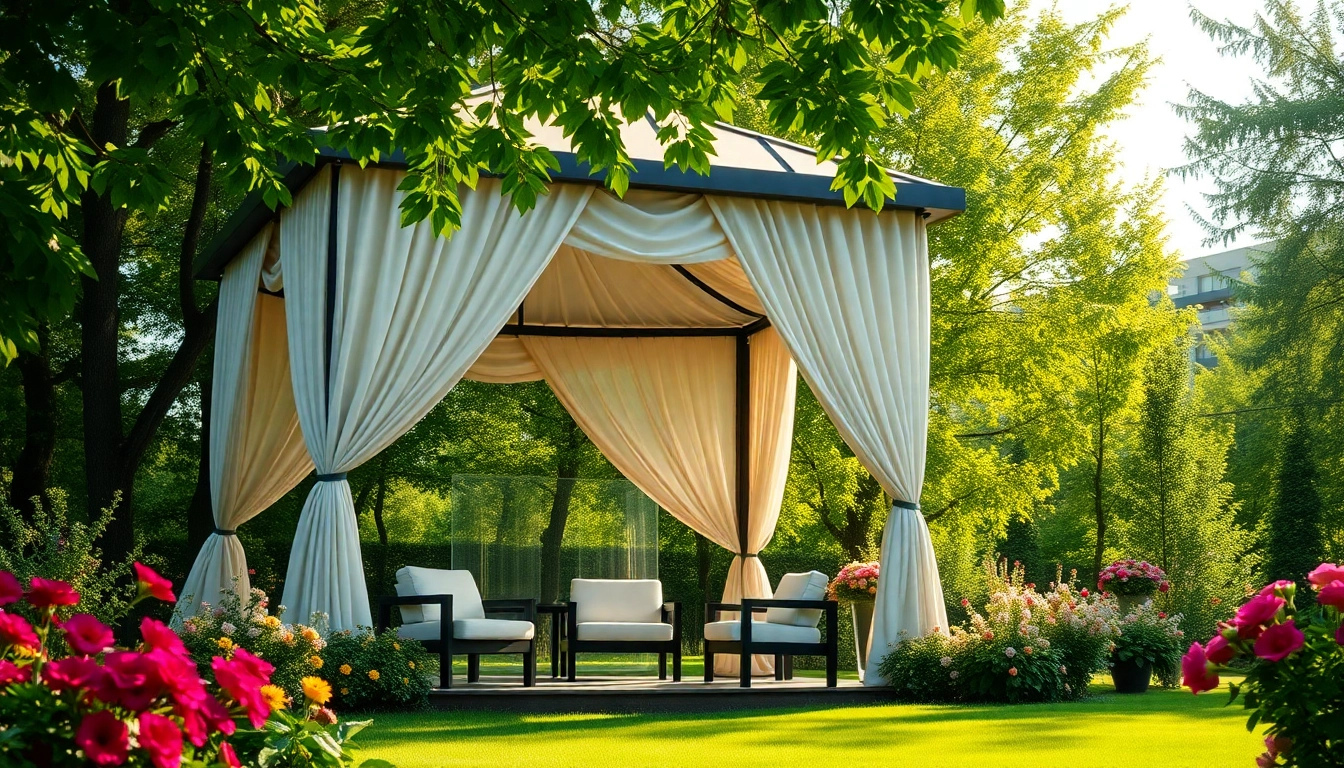Introduction to Folding Partition Walls
In the ever-evolving landscape of architecture and interior design, the quest for flexible space solutions has led to the rise of innovative products like the Folding Partition Wall. These versatile structures are designed to adapt to the changing needs of modern living and working environments, providing dynamic options for space utilization. Understanding the fundamentals of folding partition walls allows architects, designers, and facility managers to optimize their indoor spaces effectively.
What Are Folding Partition Walls?
Folding partition walls, also known as operable walls or movable walls, are partition systems engineered to create temporary divisions in a space without permanent construction. These walls can be easily retracted and expanded, allowing users to adjust room configurations to suit various activities and events. Made from high-quality materials, they are designed to blend seamlessly with the aesthetic of any environment.
Key Features of Folding Partition Walls
- Flexibility: Folding partition walls can be opened or closed in minutes, enabling quick and easy reconfiguration of spaces to accommodate different functions.
- Acoustic Control: Many folding partitions are equipped with soundproofing materials to enhance privacy and reduce noise transmission between adjacent areas.
- Customizability: These partitions come in various designs, finishes, and materials, allowing for customization that matches the surrounding decor.
- Space Efficiency: When not in use, they can be folded away, maximizing the usable square footage of a room.
- Durability: Designed for high-traffic environments, these walls are built to withstand constant use without compromising performance.
Common Applications in Various Settings
Folding partition walls find utility in a plethora of environments, including:
- Commercial Spaces: Office settings frequently employ folding partitions to create meeting rooms, collaborative areas, or private workspaces.
- Educational Institutions: Schools and universities use these walls to transform large auditoriums into smaller classrooms or flexible learning environments.
- Hospitality Venues: Hotels and restaurants utilize folding walls to partition banquet halls or dining areas, accommodating events of varying sizes.
- Residential Applications: Homeowners find folding partitions ideal for creating private spaces in open-concept layouts, such as separating living rooms from play areas.
Advantages of Using Folding Partition Walls
Space Optimization and Flexibility
One of the primary benefits of folding partition walls is their ability to optimize space usage. In commercial settings, the need for flexible areas is paramount, enabling businesses to adapt quickly to changing requirements. By incorporating folding partitions, businesses can reduce wasted space, allowing them to maximize their efficiency and operational capacity. This flexibility is especially valuable in dynamic environments where events and functions must be arranged frequently.
Acoustic Control Benefits
In environments where sound control is crucial, such as offices and conference centers, folding partition walls can significantly enhance acoustic privacy. Utilizing advanced soundproofing technology, these walls can reduce noise levels, creating a conducive atmosphere for meetings, discussions, and collaborative work. The addition of adjustable acoustic curtains or panels increases their effectiveness, catering to varying sound insulation needs.
Cost-Effective Solutions for Space Management
Folding partition walls offer a cost-effective solution compared to traditional construction methods. Businesses can avoid the expenses associated with permanent walls, such as extensive renovations or the need for additional square footage. Investing in folding partitions can result in significant cost savings, both in construction and maintenance, ultimately delivering substantial ROI over time.
Different Types of Folding Partition Walls
Panel Types and Materials
Folding partition walls come in a variety of panel types and materials, each offering distinct advantages:
- Vinyl Panels: Known for their lightweight and durable properties, vinyl panels are excellent for easy installation and maintenance.
- Glass Panels: Ideal for promoting transparency and natural light, glass partition walls are perfect for modern offices and creative spaces.
- Wood Panels: Providing classic aesthetics, wooden partitions can enhance the warmth and elegance of any environment while offering soundproofing capabilities.
- Fabric-Covered Panels: These partitions add a softer touch to spaces and can be easily customized with various colors and patterns for interior decoration.
Design Options for Aesthetic Appeal
Design considerations play a significant role in how folding partition walls integrate with existing decor. The options range from minimalist designs to elaborate finishes. Key design features include:
- Framing Styles: Choose between various framing options, including aluminum, wood, or steel, to suit the design theme.
- Finish Choices: Panels can be finished with paint, veneer, or laminate to match or contrast with surrounding surfaces.
- Operating Mechanism: Customization of folding mechanisms, whether manual or automatic, enhances usability while complementing the overall aesthetic.
Custom vs. Standard Partition Solutions
When selecting a folding partition, buyers often face the choice between custom and standard solutions. Standard options may be quick to install and generally cost-effective, but they may not meet specific requirements. On the other hand, custom solutions provide tailored measurements and unique features, including branding or specific design elements that align perfectly with business identity or home decor. This flexibility enables users to create personalized environments tailored to their needs.
Installation and Maintenance of Folding Partition Walls
Step-by-Step Installation Guide
Correct installation of folding partition walls is crucial for optimal performance. Here’s a streamlined guide to ensure proper setup:
- Planning: Assess the area and determine the desired configuration. Measure the ceiling height and wall length to ensure accurate fit.
- Preparation: Clear the installation site, ensuring no obstructions that may hinder the installation process.
- Hardware Installation: Secure the appropriate tracks and hardware needed for the folding partitions. Follow manufacturer guidelines to guarantee a stable installation.
- Panel Installation: Attach each panel to the tracks, ensuring they operate smoothly. Adjust alignment as needed to avoid gaps and maintain functionality.
- Testing: Conduct a thorough test to verify that panels fold and unfold without resistance, ensuring weights and materials align properly.
Best Practices for Maintenance
Regular maintenance can extend the life and performance of folding partition walls. Some best practices include:
- Regular Inspections: Frequently inspect hardware and tracks for wear and tear, addressing any issues quickly to avoid future problems.
- Cleaning: Use appropriate cleaning agents to maintain the aesthetic appeal and sanitary condition of the panels.
- Lubrication: Apply lubricant to the tracks as necessary to ensure smooth operation.
Safety Considerations and Compliance
Folding partition walls must adhere to local building codes and safety regulations. Ensuring that installations comply with fire safety standards and accessibility requirements helps prevent future complications. Consulting with professionals during installation is recommended to guarantee compliance and incorporate necessary safety features.
Case Studies and Real-Life Examples
Innovative Uses in Commercial Spaces
Various commercial sectors leverage folding partition walls to enhance functionality: For instance, a modern conference center utilized folding walls to create flexible meeting spaces that could accommodate different group sizes. This adaptability encouraged more bookings and improved customer satisfaction.
Residential Applications of Folding Partitions
In residential settings, families often use folding partition walls to create multifunctional spaces. For example, a family room could effectively transition between a cozy entertainment zone and a dedicated workspace without the need for permanent construction, benefitting from adjustable layouts.
Feedback from Users and Industry Experts
Feedback shows that users appreciate the cost-effectiveness and transformative nature of folding partitions. Many interior designers highlight the aesthetic value they bring to spaces, commenting on how they facilitate a blend of functionality and style. Industry experts note the importance of customization and acoustic performance in meeting the diverse needs of modern spaces.



